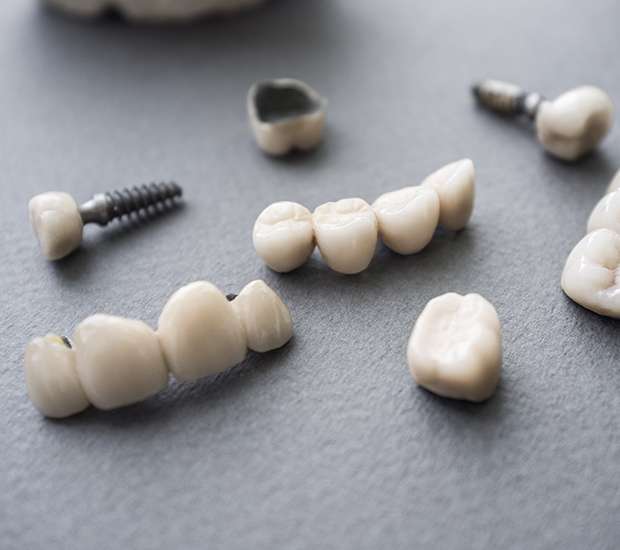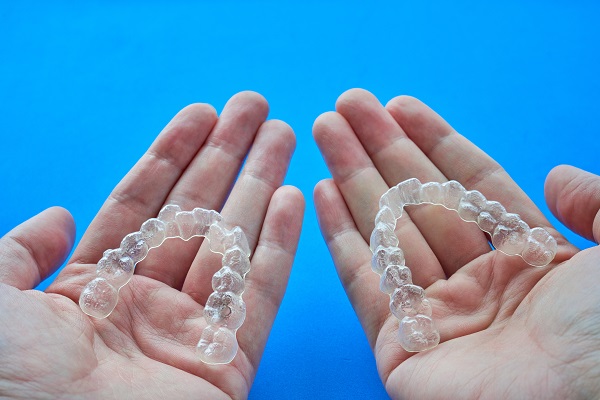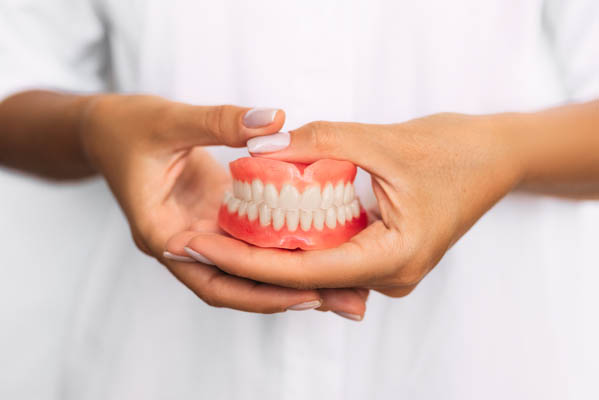What they are made of.
At Mitchellville Family Dentistry, we place dental implants that are made of titanium. In our dental office, we understand how unique and valuable titanium is since it is the only metal that can be integrated into the body. As a result, the body will think that your new root (the titanium rod) is natural matter and will provide the same level of stability to it that the jawbone would to a natural tooth. At the same time, the implant will provide stimulation to the jawbone for a symbiotic relationship.
At Mitchellville Family Dentistry, we will be happy to answer any questions that you have regarding the procedure and the two options available. Here are some of the frequently asked questions that we get asked.
Are there any differences between dental implants and mini dental implants regarding how long they last?
Traditional dental implants placed in our dental office can last for a lifetime. Traditional dental implants are made of titanium, a material that will fuse with the jawbone to provide stability and security for the replacement tooth. With regular brushing, flossing, and bi-annual teeth cleanings, you can keep your natural teeth and your implants in excellent condition. At Mitchellville Family Dentistry, we have also seen mini dental implants that have a long lifespan. However, additional research will be necessary to determine exactly how long they will last. In the meantime, we are confident that you will like the appearance of your new replacement tooth. To learn more, visit our dental office.
Are dental implants and mini dental implants used for different reasons?
Both can be used to replace missing teeth or to serve as anchors for a different prosthetic like dentures. They are natural looking and durable. To learn more, visit our dental office.
Are there any reasons that a mini dental implant is better than a traditional implant?
We tend to recommend mini dental implants when the process of resorption begins to take place and the jawbone is not dense enough to support the implant. We also recommend mini dental implants for a temporary or faster solution since the process can be completed more quickly.
Will they look different?
Not at all. Once your new tooth (crown) is attached, a mini dental implant and traditional dental implant will look exactly the same. The differences between the two are in the size of the metal post that is implanted under the surface of the gums. The crown itself will be made using an impression of your mouth and measurements that were taken of your teeth in our dental office. That way, your new tooth will look completely natural and blend in with the surrounding teeth, regardless of the size of implant that you received.






